For BOOKING please contact info@skeleton-man.com
Introduction
Organisational Existentialism is an emerging discipline within organisational theory that takes on the daunting task of considering organisational life in light of man’s existential conditions.
This is a bold move in many ways. For one, understanding how organisations function is in itself an enormous and extremely complicated task. Organisations can be viewed through an infinite amount of lenses and the more we begin to understand, the more questions arise. Secondly, existential themes are no easier to wrap one’s mind around and concern themselves with questions that are both very illusive and very real (what is the meaning of existence ..?). Moreover, the two schools of thought seem to be concerned with completely different realms: Existentialism looking within and organisational theory looking without.
How can two such diametrically opposed points of view be combined? And … why?!
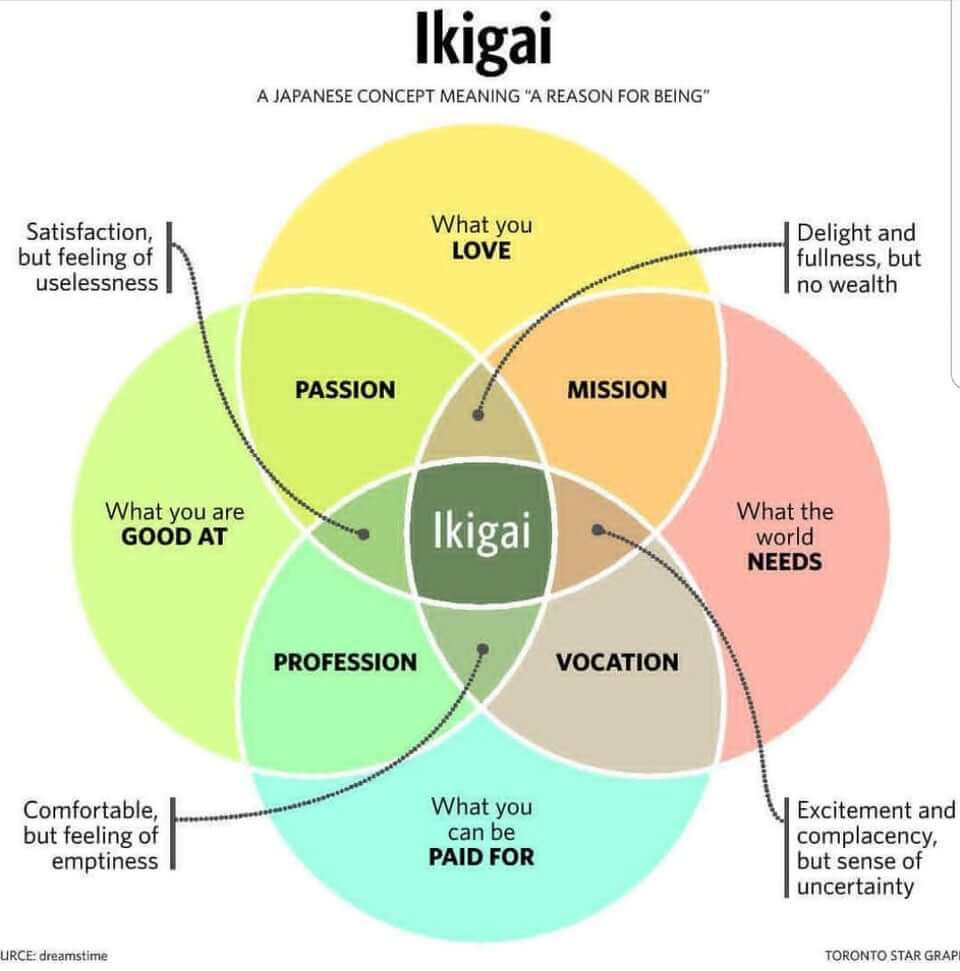
Well, to be sure it does require curiosity, an open mind, a certain “spark” and patience. When one uses the existential lenses on organisational matters one does not so much attain a certain knowledge so much as a certain way when approaching others and when confronting oneself.
Hence, Organisational Existentialism (OE) does not replace traditional organisational theory. Rather it seeks to supplement traditional theory and inform the basic building blocks that all theory concerning man ultimately is built upon; The existential conditions of life.
Existentialism in a Nutshell
The very name “Existentialism” may sound academic and evoke images of French intellectuals sitting by the Seine discussing the meaninglessness of existence but the name is simply a fancy term for some general thoughts on life that man has always entertained.

A central theme in existentialism is the finality of life and the realisation of personal death. This has often led many to believe that the existential tradition is morbid or pessimistic, but this is a great misconception.
Existentialism confronts life’s inevitable death, yes, but only to emphasize the urgency of life and each human being’s responsibility for his or her own life.
For me, the term existentialism means primarily and simply a courageous and full embracing of life, an embracing of life’s tragic and magical sides, and a willingness to look both life and death in the eye.
Thierry C. Pauchant (b. 1954)
If we truly want to embrace life, we must act bravely, mature and responsibly and one of the focal points (if not the focal point) of existentialism is, therefore, to emphasize the importance of man’s personal responsibility.

Man is not merely free, said Jean-Paul Sartre, man is doomed to be free. Or as he also phrased it: Man is the creature whose project is to become God.
By this he meant that the universe is “contingent” or random; everything, that is, could have been created differently. Man alone is responsible for assigning meaning to the world, just like we alone are responsible for our life; not just for the things we do, but also for the things we do not do.
If we accept this proposition organisational life becomes part of a much larger project that calls for all managers, employees, citizens, and politicians to recognize their personal responsibility and in everyday practice create a workplace where all concerned are actively engaged in expressing their humanity. Especially so since a large part of our lives and the drama in man’s life takes place at the workplace.
Life’s Ultimate Concerns
But let’s take one step back and consider the basic themes of existentialism or what the existential psychotherapist, Dr. Irvin Yalom, has called the ultimate concerns of life:
The terror of death, freedom (ie. the responsibility for our choices), existential isolation, and our search for meaning.
Even though we are able to relate to these conditions on an intellectual plane, they awaken such terror in us that we develop ways to avoid recognizing and honouring them throughout life.
For instance, we will readily admit that we are mortal but deep within we entertain two arguments that can relieve us from the terror of personal death; The illusion of own specialness and the illusion of an outside saviour that in the end will come to save us.
Likewise, we may avoid recognizing our personal responsibility by, for instance, postponing a decision indefinitely, acting as if we have no free will or by delegating a decision to an external party.
Or we may identify completely with a person or a cause to relinquish our fundamental loneliness or to convince ourselves that existence – OUR existence! – has meaning and purpose.
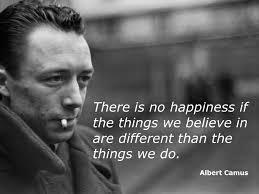
Note that existentialism does not say that there is anything wrong with these acts of defiance towards the fundamental conditions of life. We would not be able to function if they were constantly at the top of our minds. Existentialist writers do, however, emphasize that the more you deny the basic tenets of human existence the more you will entertain a life style that can never be ‘authentic’.
The Importance of Meaning

He who has the answer to why, can live with almost any how; or so thought Friedrich Nietzsche (1844-1900), but for modern man the answer to why can vanish in the horizon, because our instincts don’t tell us what to do, and tradition no longer tells us what we should do. Soon, we don’t know what we want to do, and we may end up succumbing completely to conformism.
Organisational Existentialism is, therefore, also an invitation to promote a meaningful, shared quest for a worthy goal where management and employees can identify targets that are meaningful for the employees and congruent with the priorities of the organisation.
BUT … no matter how forthcoming and agreeable the organisation is, man’s search for meaning is always a subjective experience. All humans, therefore, must themselves thoroughly consider how their personal search for meaning can come into play. No manager or career plan can lift that task for you.
Efficiency
When we think of efficiency, we typically think of economic efficiency. It is simply second nature for us to consider efficiency as a decisive economic parameter, whereas meaning rarely is juxtaposed with efficiency.
If the regard for economic efficiency is the sole parameter, however, this may turn our organisations into impersonal machines that only involves its’ employees when they contribute to production as human resources. Thus, one may criticize, not the importance of the economic perspective, but the priority of economic factors – especially since the priority may serve counterproductive and reduce efficiency to a simple question of meeting a number of pre-established criteria.
Efficiency is more than economic efficiency. Rather, efficiency or the act of creating is something that occupies a central place in our minds. Some even claim that the essence of existence is to create.
Self-actualization
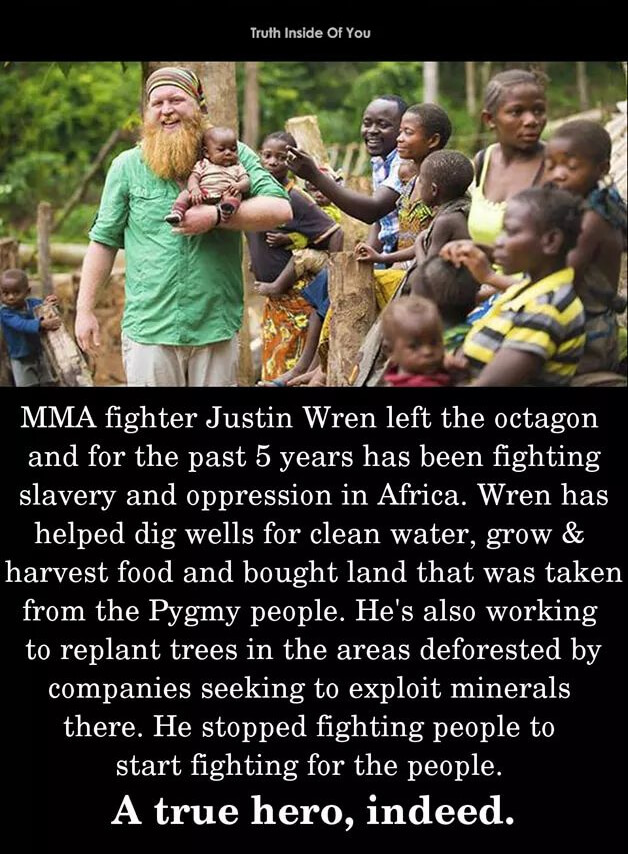
At the same time, it is an increasingly widely held belief that self-actualization or self-realisation is the ultimate achievement for man.
According to the existential tradition, however, man’s need for self-actualization is not a goal in itself, but a consequence of the need to transcend oneself. What one may call transcendence only occurs when man achieves something that forces him to distance himself from egocentric interests and concentrate his efforts on an authentic being with others in the world.

This desire to actualize or realise ourselves as a whole with our fellow men is rooted in our shared and ancient history that ties us together on a deep, spiritual plane. Self-realisation is, therefore, closely related to feeling part of a cause that transcends oneself, but that one can become part of through one’s personal engagement and creative skills.
The Logic of Perfection
Having considered the joy and meaning of work let’s turn our attention towards a contemporary appreciation of work and the organisational ideal.

Most organisational literature and most organisations are, practically, obsessed with the logic of perfection or the excellence ideal.
The logic of perfection or the excellence ideal exhorts people to make perfect objects or services.
Individuals willingly commit to this type of work because perfection is something that the human being regards as an ideal to be pursued. The finitude of the human being, however, as a limited, imperfect, mortal being, is an inherent condition of existence. Hence, the logic of perfection sets the individual on an existential quest for perfection that can never be successful. This makes it literally impossible for the individual to achieve something meaningful since ‘being effective’ equals ‘perfection’, an unobtainable goal.
The demand for perfection and being the best, however, is still regarded as the ultimate ideal and since we are also considered to be our own life’s entrepreneurs the demand for perfection is a possibility we much always chase.
Workaholism
The organisational demands for perfection and professional success goes hand in hand with the employees’ own desire for (more and) more work as a way to evade life’s ultimate concerns.

The existential tradition holds that addiction is a self-imposed way for man to avoid confronting the fundamental conditions of existence. The workaholic, in other words, himself choose a life of relentless work to keep the difficult questions of life at bay.
Since work also provide our economic foundation, incessant work and professional success becomes both a moral and economic obligation.
Today, most people are used to constant action. They complain about it but whenever the constant chatter is muted they become restless and wonders what’s going on.
This creates a paradox where our attempts to find meaning by working more, ends up creating less meaning that more work is again the answer to. The result is the managerial man.

Managerial man has completely committed himself to the organisation that he or she sees as a tool to fulfil an inner need. As such, managerial man is doomed to success because success for him or her is the only answer to existential anxiety.
To change this course we need to raise awareness that a superficial and inauthentic life will always be experienced as stressful, no matter how we choose to think about it. No work task can dissolve the fundamental conditions of existence and as long as we try to deny life’s ultimate concerns, we will always be sick in a more a less severe degree.
The Leader as Oracle

A substantial part of contemporary managerial literature is based on the deeply rooted notion that humankind is blessed with a few exceptional individuals who are the incarnation of the entrepreneurial phenomenon, the creator, and manager of organisations of all ilks. There are many good managers, but this investment in the leader as an infallible Demigod amongst mortals may result in obedient participants and organisations that dare not question “agreed truths” and that hesitate to report malfunctions and mistakes.
From an existential point of view, this situation is even more intolerable than that of the silent employee who only had to contribute his energy and his obedience. Today’s employee is asked to participate, to echo and to parrot what the boss wants to hear while being fully aware that despite whatever he does or says the decisions will still be made at the top.
Omar Aktouf (In Search Of Meaning, p. 142)
Instead of constructive criticism these cultures may be characterised by presumed agreement, avoidance of conflict, consensus-seeking behaviour, or anal control system that eliminates any ability or desire to act authentic, creative, and innovative.

The result may be organisations marked by deep structural inefficiencies that can lead to organisational disasters despite amble resources and knowledge.
To escape this trap, managers must agree, symbolically and materially, to step down from their pedestals as super people who ‘manage’ others. Instead, leaders must be role models we truly look up to and that function as guarantors for material and existential equity.

But the employees must also live up their personal responsibility. They must seize the moment and in everyday praxis make the organisation a workplace where the employees actively take part in and express their humanity. All people are on their own, personal Hero’s Journey and while the workplace may create opportunities and space, ultimately, the employee himself is responsible for how he or she relates to a given situation and how he or she chooses to act. A life worth living is always a life that one actively chooses to live.
The Dark Side
We may think of the dark side of an organisation as that part of a culture that is experienced by the participants as something that should not be a part of the culture; as the side that causes them anxiety; the shameful or shadowy side. It is the part of life that is not acknowledged, that individuals attempt to bar from their conscious awareness.

The opposite of the dark side is the light side or the organisational ideal that we are happy to talk about at lengths. The organisational ideal represents a state where all individuals fit perfectly with their tasks, where they work spontaneously and out of desire with no inner or outer pressure. Like all ideals, the organisational ideal never materializes but remains a horizon we always chase.
If we want to understand and work with our organisations in depth, however, it is not enough to confine ourselves to the light side since the light and dark side work together as a whole.
The dark side is expressed in many fashions, for instance, the excellence ideal or workaholism. However, also mere adherence to abstract principles is part of the dark side because it implies a possible willingness, in the name of principle, to participate in the extinction of the one thing that is not abstract, our humanness.
The existential tradition, therefore, argues that light on the dark side, no matter how painful and inconvenient it may be, in the long run is always more fruitful than leaving the dark side in the dark.
Active Listening
What, then, can we do to promote a better dialogue and understanding between all concerned parties?
The American psychologist and Human Resources theorist, Carl Rogers, advocated for active listening.
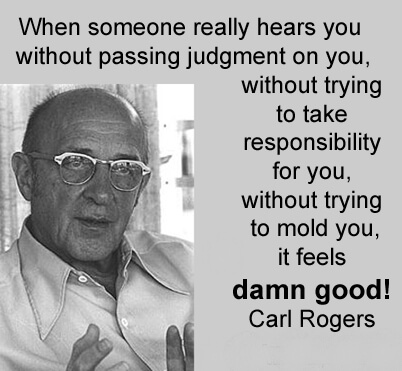
Carl Rogers’ point is that if you offer – what he called – a special type of relationship, the other person will discover within him- or herself the capacity to use that relationship for growth, and change and personal development will occur.
It is the relationship itself that cures and only by being willing to be oneself in a relationship, by accepting one’s own and the others’ unique character, and receive the same acceptance, can man discover his creativity and strength for heartfelt change.
Thus, for a person’s creative potential to be released, what matters is not corporate lingo, authority, knowledge, technique, or interpretations, but communicating that the employee is accepted and affirmed, without judgment or evaluation, in becoming and being a person, entirely different from all other people, including the manager, colleagues, the organisation, and the listener.
But be aware that active listening presupposes that there is no singular, objective reality. There are only interpretations of the world and active listening therefore demands that one must accept that no two interpretations are completely alike.
Thus, for active listening to materialize the leader and organisation must express genuine emphatic understanding and try to see the employee’s reality through the eyes of the employee, open-minded, curious, and without any prejudice.
No man can always meet these standards, but the message of active listering is always to try and – with time – become better and better at active listening; All collaboration and management is an art of practice that is not ascertained once and for all but one that must be recreated time and time again.
Organisational Existentialism in real life
From Preaching to Practicing
We’ve come almost full circle and after considering potent topics, such as, meaning, transcendence and active listening one may be anxious to learn how to apply all these thoughts in everyday practice!
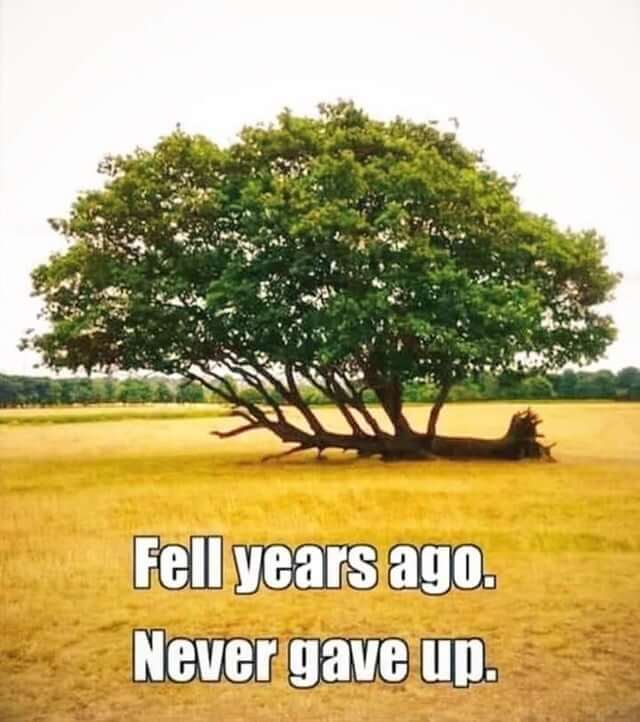
As would be expected Organisational Existentialism does not supply a precise working program. Existentialism is too slippery for such a task and feels almost like a wet soap. It slips out of our hands every time we try to grab it but is very real in terms of the foam it leaves.
Still, Organisational Existentialism suggest a new type of questions that offers an opportunity to regard one’s organisation and workplace in a far broader perspective and with much more potential.
We can, for instance, start by asking:
- Does a specific initiative promote the development of individual responsibility, meaning, and values?
- How would your work-day and workplace look if they were in perfect harmony with your goals and values?
- What work tasks today runs counter to your meanings and values?
- Which ones fit well and how can the fit be enhanced?
- How does the dark sides of your organization look?
- What tasks in the organization is governed by the excellence ideal or the logic of perfection?
- Does the organization recognize the importance of its’ employees physical and mental health?
- Are complex questions sometimes/often reduced to simplified for/against propostions?
- Where and how can active listening be promoted and advanced in the organization?
These are examples of trustworthy questions, but it must be stressed that they are exactly that; examples! Actually one may argue that even proposing such a list runs counter to the message of Organisational Existentialism and that the decisive question, actually, the only question of any importance, is what questions you want to ask!
Final Words
With those words we’ve come full circle. As this presentation reveals, existentialism poses big questions and offers no easy answers.
Still, use of the existential tradition can be a goldmine of ideas, meaning, and resources, for the courageous man or woman, employee, manager, or politician that wishes to investigate the roots of man and apply the wisdom found here in real life.
It is my hope this introduction to Organisational Existentialism may motivate such journey and that the reader’s imagination and self-reflection has been engaged. In the end, this is where the only battle of any importance will take place.
And if you would like to investigate the subject even more thoroughly first hand a splendid introduction to the field is Thierry C. Pauchant and Associates’ anthology In Search of Meaning, Managing for the Health of Our Organizations, Our Communities, and the Natural World from 1995 which this introduction to Organisational Existentialism leans heavily on.
The Skeleton-Man Show Death: The High Price of Living
In my new show Death: The High Price of Living I introduce the audience to the existential tradition. You can find more information about the show here that is specifically targeted educational institutions and companies, for instance, as a fun and engaging event at the yearly company art club assembly.
For BOOKING please contact info@skeleton-man.com

